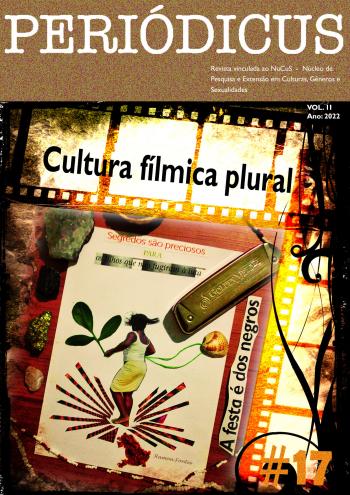‘Bicha burra nasce hétera’
interactional process of identity negotiation
DOI:
https://doi.org/10.9771/peri.v2i17.45415Abstract
By means of Conversation Analysis and Membership Categorization Analysis, this paper investigates which identities are considered interactionally relevant. Data was collected from transcriptions of interactions which took place during a weekend trip between a group of friends, focusing on one specific activity: a drinking game based on Brazilian
memes popular among members of the LGBTQIA+ community at the time. The study reveals that queer individuals
negotiate their identities through the use of complex categories that fluctuate from masculine to feminine grammatical
forms (and vice versa) for the same referents and reappropriation of slurs—thus highlighting the complex links between language and identity construction and negotiation. By showing how Brazilian Portuguese speakers locally negotiate their identities during interactions, this article illustrates how the combination of CA and MCA can be a fruitful approach in identity studies.
Downloads
Downloads
Published
How to Cite
Issue
Section
License
Copyright (c) 2022 Diogo Maicon Krevoniz Balduino

This work is licensed under a Creative Commons Attribution-NonCommercial 4.0 International License.
Authors who publish in this journal agree to the following terms:
Authors retain copyright and grant the journal the right of first publication, with the work simultaneously licensed under a Creative Commons Attribution Noncommercial License that allows the work to be shared with acknowledgment of authorship and initial publication in this journal, but prohibits commercial use.
Authors are authorized to enter into separate additional contracts for non-exclusive distribution of the version of the work published in this journal (e.g., publishing in an institutional repository or as a book chapter), with acknowledgment of authorship and initial publication in this journal.
Authors are permitted and encouraged to publish and distribute their work online (e.g., in institutional repositories or on their personal website) at any point before or during the editorial process, as this can generate productive changes and increase the impact and citation of the published work (see The Effect of Open Access).








